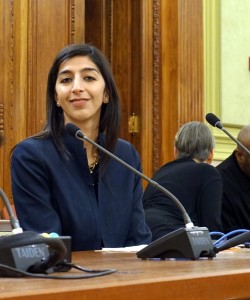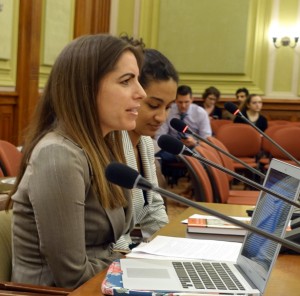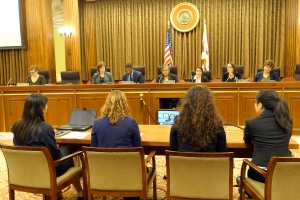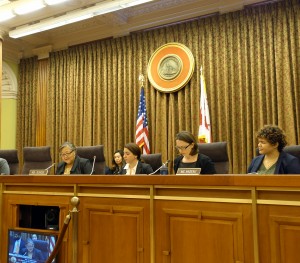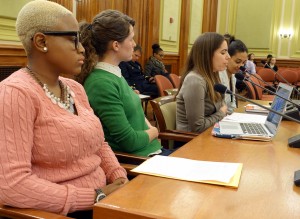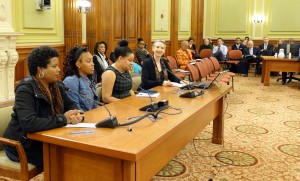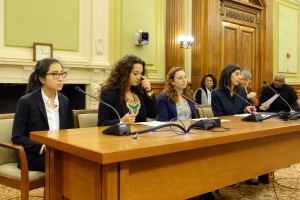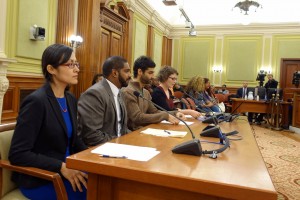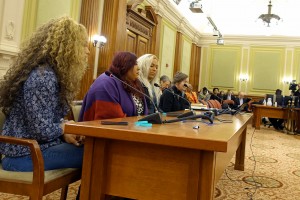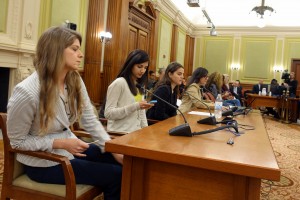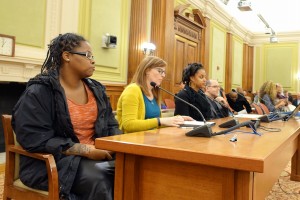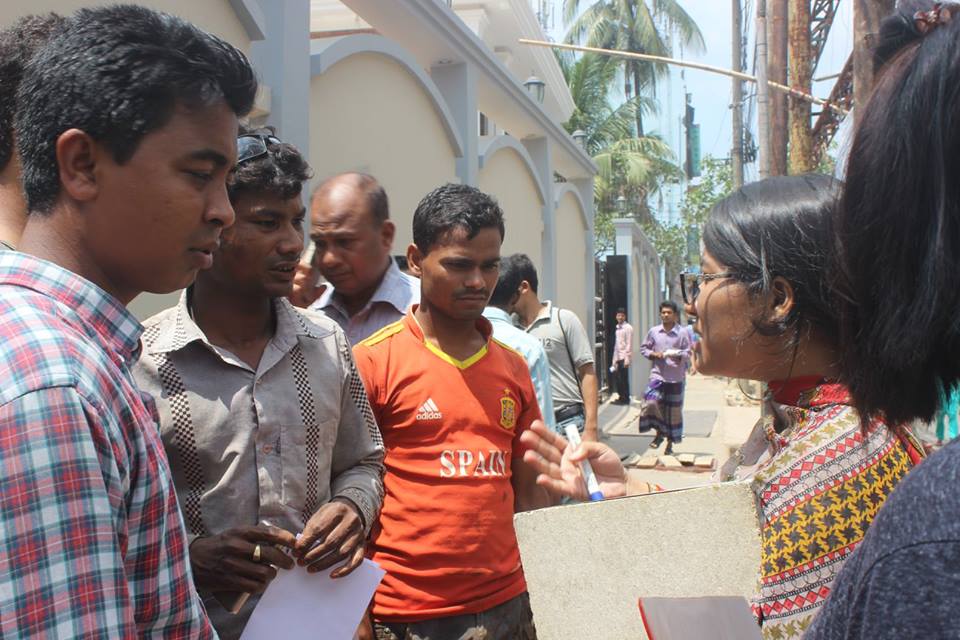Kayla Parker is a sophomore acting major attending Howard University in Washington, D.C. She created a “documentary style video detailing five black girls’ experiences with street harassment.”
She shared with me what motivated her to undertake this project:
Being from the South I had heard stories about street harassment, but I was never able to connect with the women telling these stories. It was only after I graduated high school and moved to Washington, D.C. for college that I began to understand just how severe this issue is.
I was shocked each time I witnessed women being harassed for simply walking down the street. The first time I experienced street harassment for myself, I encountered many emotions: fear, anger, guilt, sadness. This cycle of emotions became more and more familiar to me as I traveled the city to see theatre shows, meet up with friends, or even to get groceries.
I started losing count of the many times I thought my life could be in danger as I went through my routine of city living. I could not allow myself to sit idly as many women are injured, sometimes even killed as a result of street harassment.
To the women who have been forced to deal with this know that you are strong and it is never, ever your fault.
So true!! Thank you, Kayla, for channeling your feelings into this important project! #BlackGirlsRUs

